On Sermo, physicians analyze the shift to outpatient care, sharing concerns about safety oversight, complication…
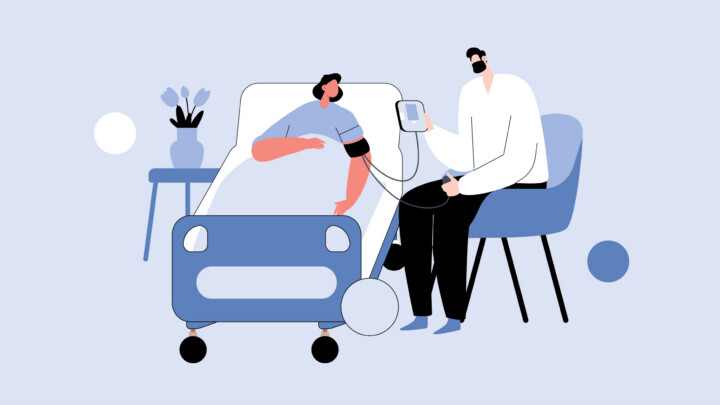

On Sermo, physicians analyze the shift to outpatient care, sharing concerns about safety oversight, complication…
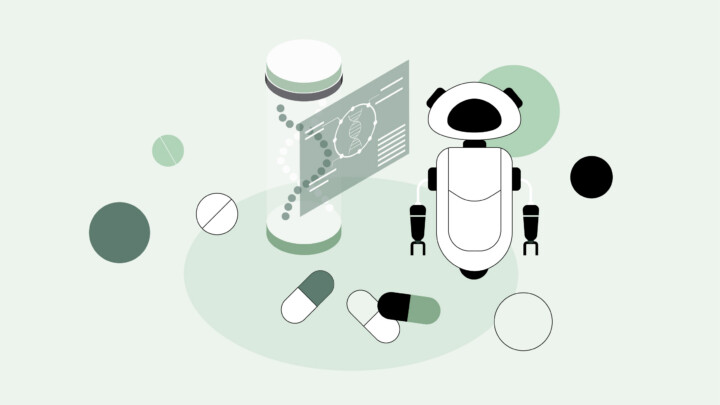
On Sermo, physicians explore how AI is transforming drug development, from rational design to predictive…
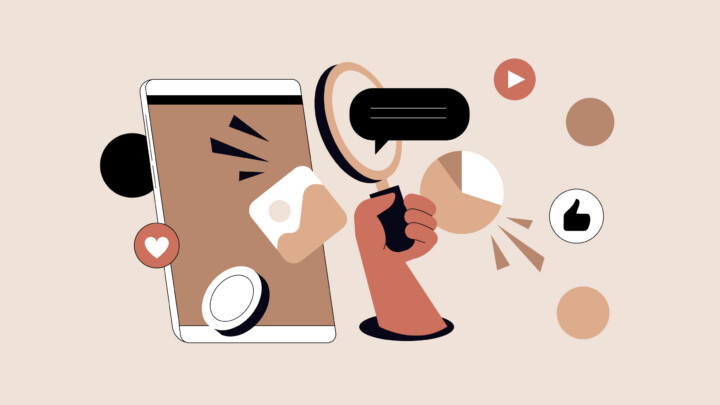
Analyze the impact of social media on healthcare practices, featuring effective marketing strategies for physicians…

Analyze how ultra-processed foods drive chronic disease, strategies for clinical dietary screening, and evidence-based patient…
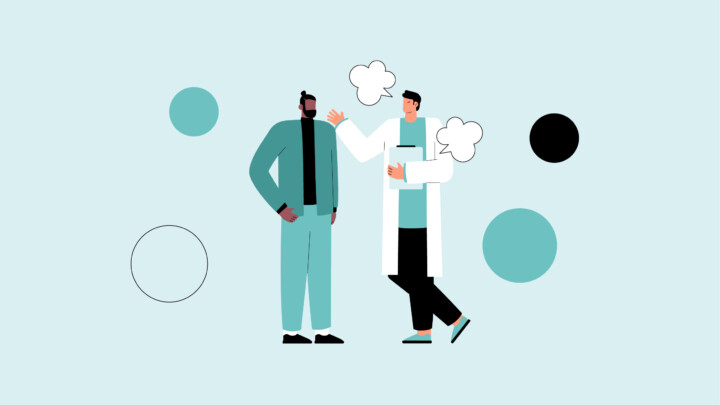
Learn to identify disruptive physician behavior and how to deal with difficult colleagues in your…

Want to increase your income from paid medical surveys? 💸 Get insights from 1,000,000+ survey…
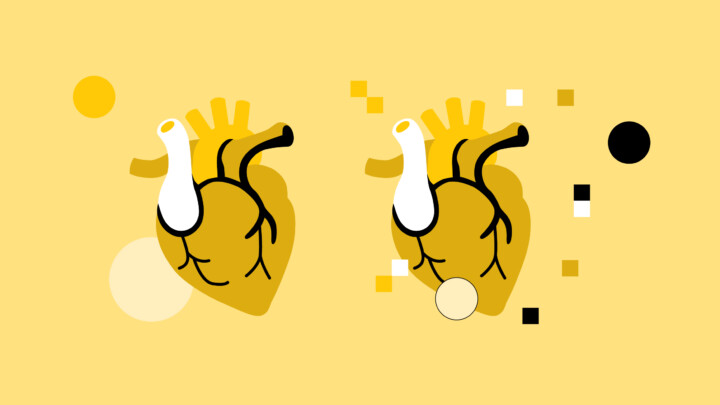
Analysis of Digital Twins (DTs) in clinical care, predicting treatment outcomes, top physician concerns, and…
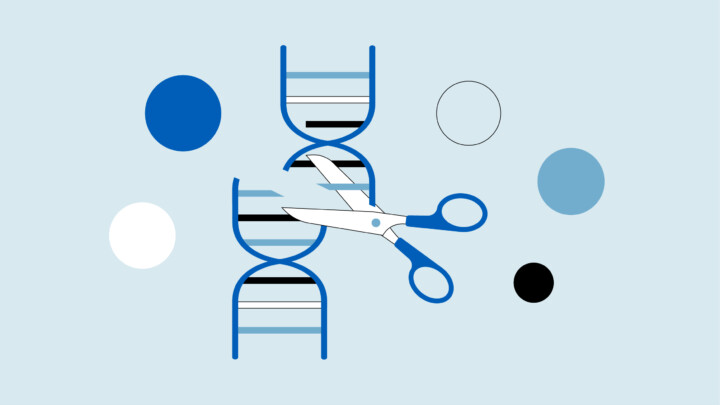
Analysis of CRISPR's clinical trajectory, the areas of biggest impact, top physician concerns, and the…

Discover the best work shoes for healthcare workers! Expert-reviewed brands ranked for all-day comfort, fluid…
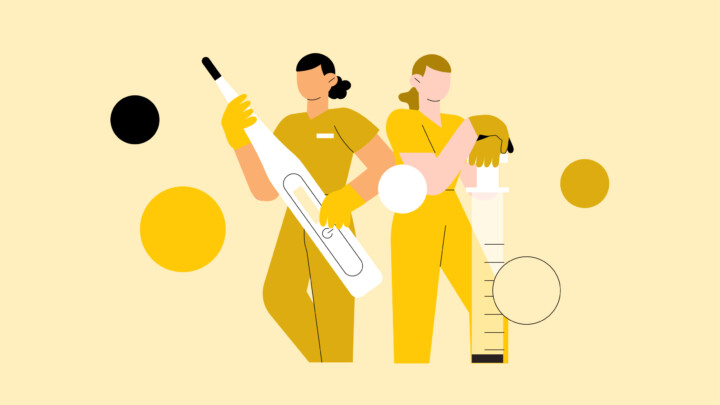
Discover the best women’s scrubs for HCPs as voted by real clinicians, ranked by fit,…

Looking to change specialties? Learn the best medical specialties by category, whether you want a…

Explore how doctors cope with the emotional distress of medical errors and what institutions can…